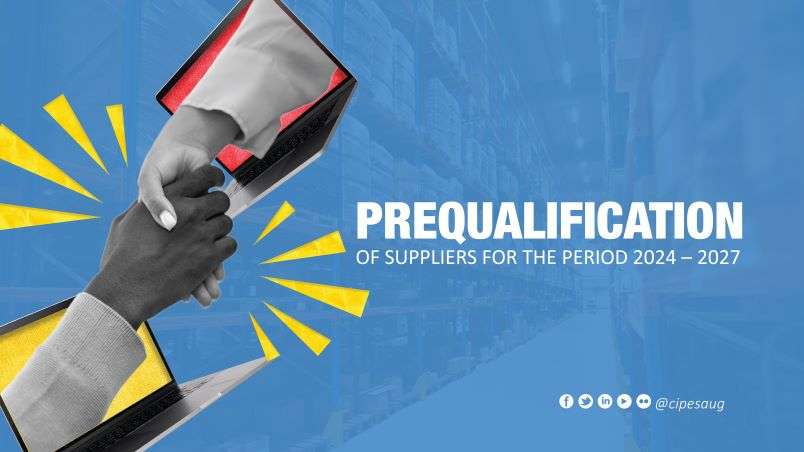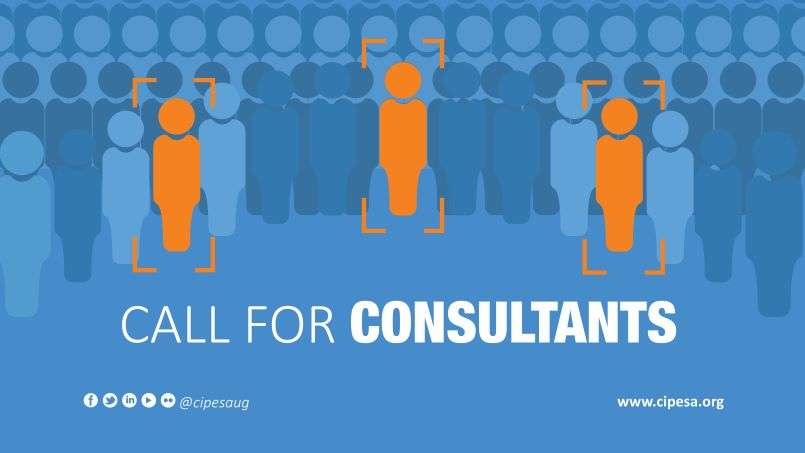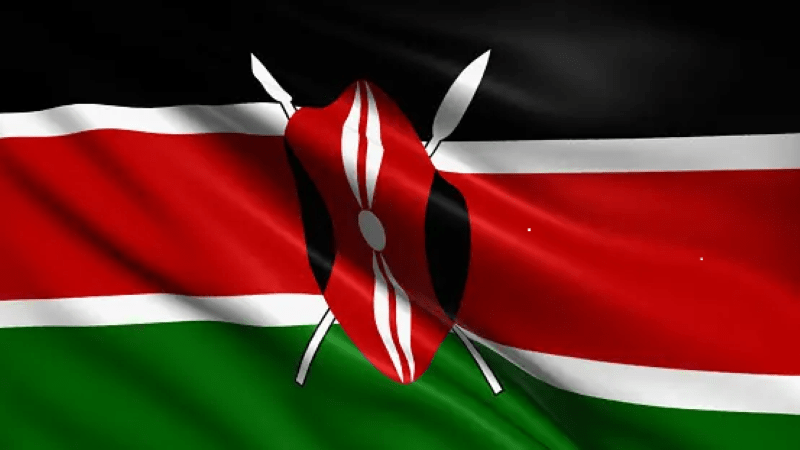By Tusi Fokane |
Last month, the South African government launched the much-anticipated draft National Artificial Intelligence (AI) Planning discussion document that will guide the development of a national AI strategy and regulatory framework. The draft discussion paper was unveiled by the Department of Communications and Digital Technologies (DCDT) during the National AI Summit.
Consultations on the draft discussion paper are intended to solicit inputs from various stakeholders before the plan is presented to Cabinet, and therefore released formally for public comment. The DCDT also anticipates a series of consultative provincial seminars before the finalisation of the plan.
Furthermore, the DCDT proposes the establishment of an AI Expert Advisory Council to assist in developing a national AI strategy that will inform the final plan. It is anticipated that the Artificial Intelligence Institute of South Africa (AIISA) will also be a key role-player in supporting the DCDT in developing and implementing the plan.
Speaking at the launch on April 5, 2024, the Communications and Digital Technologies Minister stated that: “public policy making, and frameworks must adapt to address the governance imperatives of AI and emerging technologies to protect globally agreed human rights.” To this end, the draft discussion document outlines six key pillars for the deployment of ethical AI in the country: accountability, inclusivity, safety and reliability, fairness, transparency, and privacy and security.
| South Africa’s AI Ethical Considerations There are future potential AI harms which will require the adoption of a set of human and ethical considerations that have been postulated but where it is less clear what the optimal form of regulation is, such as: Anti-competitive behavior should the provision of key AI models, or other enablers, be concentrated in a small number of players.Risks in robotic or autonomous devices that use AI to decide on actions, such as AI-enabled autonomous cars.Aggressive loss of employment leads to social risks.Criminal behavior or other highly dangerous outcomes.Existential risks should AI “get out of control” and pursue goals detrimental to humanity. Source: National Artificial Intelligence (AI) Planning Discussion Document, pgs 38-39. |
The discussion document also proposes further investment in human capital and skills development for an AI-ready workforce, and a social support fund to mitigate against potential workforce disruptions that may result from AI.
Concerns on the proposed regulatory framework
The discussion paper provides a high-level outline on the regulatory approach, noting that it should be ethical and human-rights centred in order to respond to economic and social challenges. It also hints at the potential for self-regulation, stating that the regulatory framework should be “built on principles, or ethics, and human rights protection that provide guidance for those working on AI and enable even some degree of self-regulation.”
Although not sufficiently detailed, it takes note of concerns related to disinformation and fake news, bias and discrimination, copyright abuse, and privacy and data protection issues. Presumably, the final plan will provide more clarity on the direction of ethical AI regulation that the country intends to adopt.
Some stakeholders have criticised the draft paper, arguing that it fails to adequately prepare the country’s transition to an AI-enabled future. They contend that the current draft is too vague and high-level to elicit any meaningful engagement. They have recommended that the DCDT revise the draft, with stakeholder input, and that the revised version should “outline clear strategies for South Africa, drawing lessons from international practices to both encourage AI development while addressing associated ethical and harm risks effectively.”
An additional concern may be the proposed timelines, as the discussion paper anticipates that the ethics and governance framework, as well as regulations on standards, competition, data, and intellectual property, will only be published in 2025. One commentator noted that “…this is a good start; we now need to pull this through and move with speed.”
In the absence of a national AI framework, media reports indicate that South Africa’s Information Regulator is undertaking research to assess the potential impact of AI in relation to privacy and data protection under the Protection of Personal Information Act, 2013 (POPIA). In the meantime, the Information Regulator has established an AI reference group within its office.
Efforts to address potential AI impact on elections
The regulatory lacuna has resulted in one Member of Parliament questioning the risks of AI-based disinformation and misinformation with respect to the May 29 national election. There have been increasing calls to guard against the proliferation of harmful generative AI through deep-fakes or other disinformation content.
In an effort to ensure the integrity of the electoral process, the Independent Electoral Commission (IEC) has partnered with tech firms to minimise disinformation ahead of the country’s upcoming elections. The partnership aims to proactively address complaints of disinformation through the Real411 platform, without compromising the confidentiality of user data.
In addition, the Information Regulator recently issued a Guidance Note on the Processing of Personal Information of Voters, and the Countering of Misinformation and Disinformation during Elections. The guidance note recognises the right to privacy, and protection of personal information in cases where a person’s “voice and/or image is used without their consent to spread fake messages, particularly in instances where generative artificial intelligence is used.”
Furthermore, the Information Regulator calls on the IEC to issue a code of conduct to address misinformation and disinformation in digital platforms in order to promote free and fair elections. The guidance note further calls on political parties to commit to combating misinformation and disinformation through a statement of commitments related to monitoring the use of AI technologies (including data harvesting, microtargeting, deep fakes, and AI-generated content) in their election campaigns.
Whilst AI undoubtedly presents some risk to the electoral process, there are other stakeholders who are optimistic about the potential for AI to decrease voter apathy particularly amongst the youth, and to contribute to increased voter education and awareness. Although South Africa seems well-positioned to be a fore-runner in AI deployment, given its advanced tech sector, the delay in crafting a coherent strategic, legal and regulatory framework for the country could hamper its digital transformation ambitions. It is clear that South Africa urgently needs to develop both an AI strategy, as well as a regulatory framework in order to keep up with AI deployment in the country if it hopes to remain competitive.





